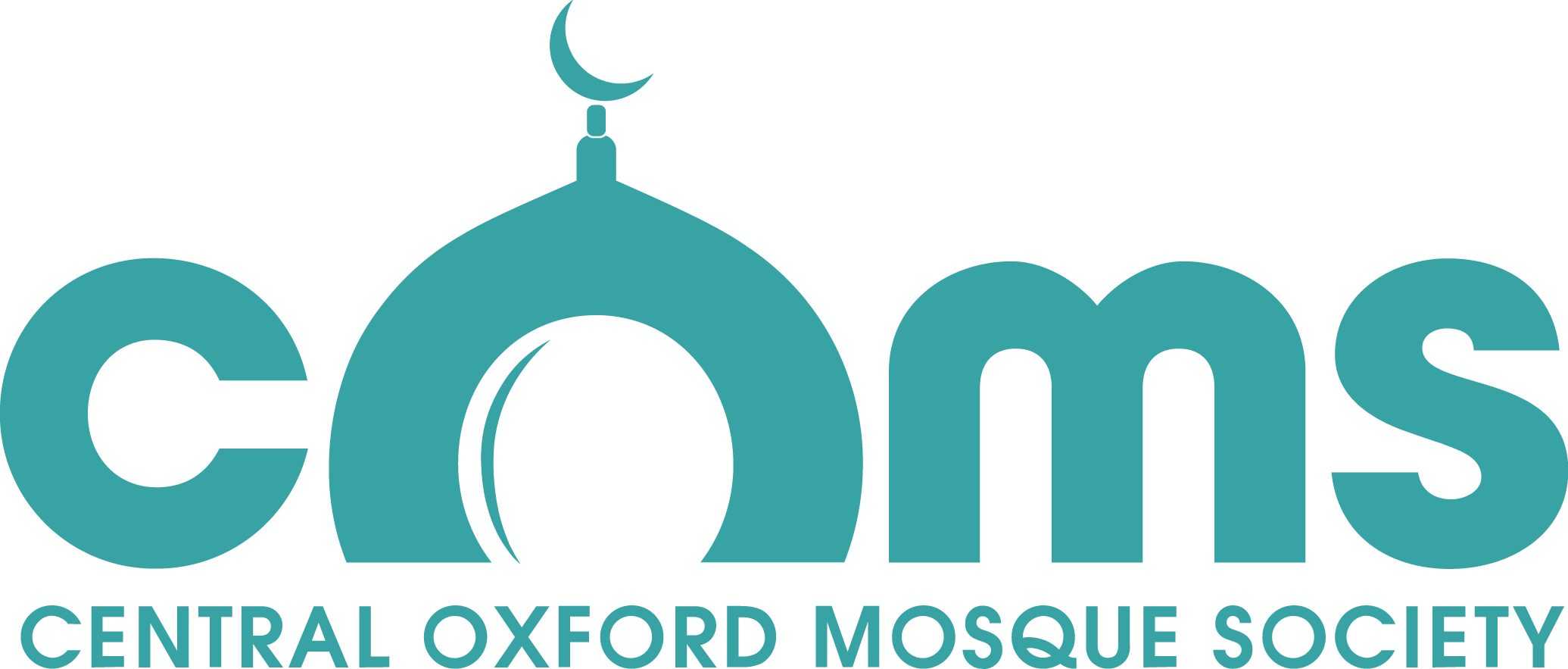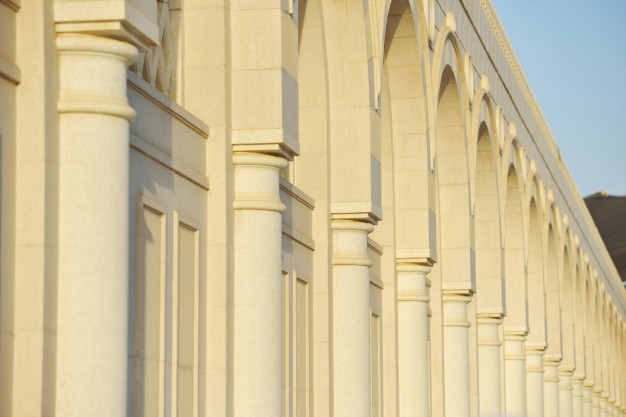The Five Pillars of Islam
The foundation of Islam is built upon five essential pillars, as taught by the Prophet Muhammad (peace and blessings be upon him). These pillars serve as the framework of a Muslim’s faith and practice, guiding them in worship, charity, self-discipline, and devotion to Allah (SWT).
1. Shahadah (Declaration of Faith)
The Shahadah is the testimony of faith and the first step into Islam. It is a profound declaration:
“أشهد أن لا إله إلا الله وأشهد أن محمداً رسول الله”
“Ashhadu an la ilaha illa Allah, wa ashhadu anna Muhammadan rasul Allah.”
(“I bear witness that there is no god but Allah, and I bear witness that Muhammad is the Messenger of Allah.”)
This pillar signifies complete submission to Allah and acceptance of Prophet Muhammad (PBUH) as His final messenger. New Muslims recite this declaration with sincerity as their entry into Islam.
2. Salah (Daily Prayers)
Prayer is the direct connection between a believer and Allah. Muslims perform five obligatory prayers daily:
-
Fajr – Before sunrise
-
Dhuhr – Midday
-
Asr – Afternoon
-
Maghrib – Just after sunset
-
Isha – Night
Before praying, Muslims perform Wudu (ablution) to purify themselves. The Adhan (call to prayer) signals the time for Salah, reminding believers to pause from worldly matters and turn to Allah in worship.
3. Zakat (Charity)
Zakat is the act of giving a portion (2.5%) of one’s savings and wealth to those in need. It purifies wealth and fosters compassion in society.
Key principles:
-
Given annually to the poor and needy.
-
Applies to gold, silver, cash, and trade goods.
-
Teaches gratitude, generosity, and detachment from materialism.
As the Quran says:
“The example of those who spend their wealth in the way of Allah is like a seed that grows seven spikes; in each spike is a hundred grains.” (Quran 2:261)
4. Sawm (Fasting in Ramadan)
Fasting during Ramadan (the 9th Islamic month) is an act of worship and self-discipline. From dawn to sunset, Muslims abstain from:
-
Food & drink (including water)
-
Smoking & sinful behavior
-
Anger, gossip, and impure thoughts
Suhoor (pre-dawn meal) and Iftar (meal at sunset) mark the beginning and end of the fast. The goal is spiritual growth, gratitude, and empathy for the less fortunate.
5. Hajj (Pilgrimage to Makkah)
Hajj is the sacred journey to the Ka’aba in Makkah, obligatory once in a lifetime for those who are physically and financially able. It occurs in Dhul-Hijjah, the 12th Islamic month.
Key aspects:
-
Pilgrims wear Ihram (simple white garments), symbolizing equality before Allah.
-
Includes rituals like Tawaf (circling the Ka’aba) and standing at Arafat.
-
Represents unity, sacrifice, and submission to Allah.
The Quran states:
“And proclaim to the people the Hajj; they will come to you on foot and on every lean camel; they will come from every distant pass.” (Quran 22:27)
Conclusion
The Five Pillars of Islam shape a Muslim’s life, balancing faith, worship, charity, self-control, and devotion. By upholding these pillars, believers strengthen their relationship with Allah and contribute to a just and compassionate society.
May Allah (SWT) guide us all to follow these pillars with sincerity and steadfastness. Ameen.




